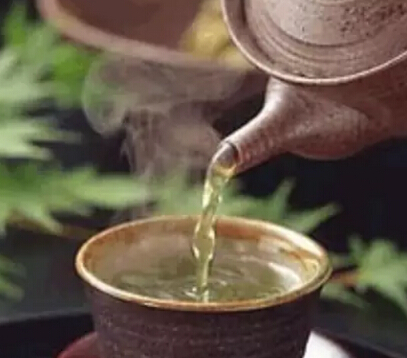
Experts point out that the currently confirmed health benefits of tea include preventing cancers (such as lung, esophageal, liver, and colon cancers), regulating blood lipids, lowering blood sugar, enhancing immune function, and mitigating smoking damage. Drinking tea can repair DNA damage caused by smoking, with remarkable effects—a conclusion from human experiments that stands as a globally leading discovery.
Tea contains various active nutrients, such as the well-known tea polyphenols, as well as theanine, vitamins, caffeine, and others. Based on production methods, Chinese tea is classified into six categories: green tea, black tea, yellow tea, white tea, oolong tea, and dark tea.
Later, reprocessed teas like scented tea emerged, expanding on these six categories. Different teas contain varying active components, leading to distinct health effects.
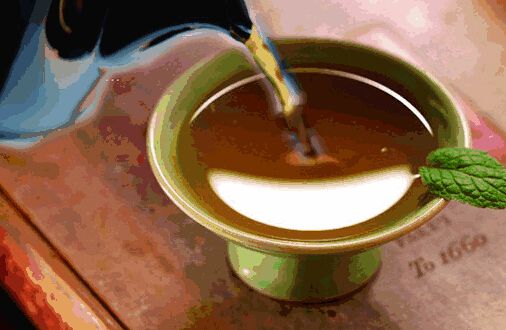
Green Tea Protects Cardiovascular Health
Green tea is unfermented, with famous varieties like West Lake Longjing, Dongting Biluochun, and Huangshan Maofeng. Its primary benefits include cancer and cardiovascular disease prevention, along with antioxidant properties, immune enhancement, and antibacterial effects.
White Tea Relieves Anxiety
White tea is divided into two types. One is the familiar Anji white tea, which is technically a green tea but has a mellower flavor, gaining popularity in recent years.
White tea's main benefits include protecting brain nerves, enhancing memory, and reducing anxiety. Its theanine content can counteract some of caffeine's effects, making it suitable for those sensitive to sleep disruption.
Another type is Fujian's Fuding white tea, which is rarer and has a stronger flavor. Current research suggests it boosts immunity and lowers blood sugar effectively.
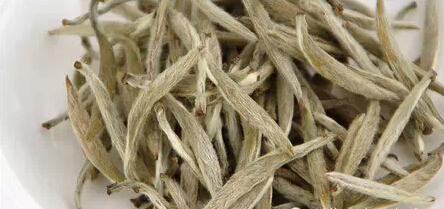
Oolong and Black Tea Reduce Cholesterol
Oolong tea is semi-fermented, represented by Wuyi Rock Tea (Dahongpao), Tieguanyin, Dongding Oolong, and Phoenix Dancong. Black tea is fully fermented, with famous varieties like Anhui's Keemun and Yunnan's Dianhong, as well as renowned Indian and Sri Lankan teas. Being fermented, black tea is less stimulating than green tea and offers benefits like improving blood circulation and lowering cholesterol.
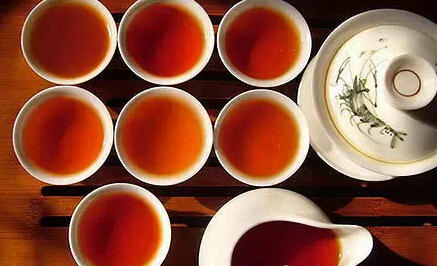
Dark Tea Aids Weight Loss
Dark tea is post-fermented, with Pu'er being the most well-known. It is rich in tea polyphenols, making it highly effective for fat reduction and weight loss. Reports indicate that drinking three bowls of Pu'er daily for a month reduced blood fat by nearly a quarter in patients with hyperlipidemia.
Japan's Health magazine notes Pu'er can inhibit weight gain and lower cholesterol and triglycerides. Premium teas like Mingqian Longjing share similar nutrients with ordinary teas but may differ in content. Mingqian tea, harvested early, has higher theanine and vitamin C but lower polyphenols. For health purposes, expensive teas are unnecessary.
Regarding nutrient content, experts agree that all teas have similar polyphenol levels, but green tea retains more nutrients due to minimal processing.
How to Drink Tea for Optimal Health
After choosing the right tea, proper storage, brewing, and consumption methods are key.
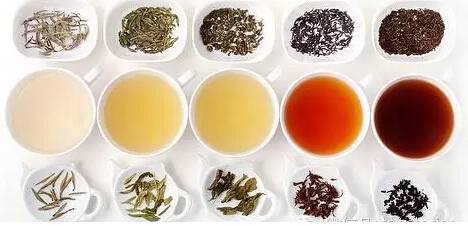
Storage: Tea Fears Moisture and Odors
Ideal storage containers are tin cans, ceramic jars, or colored glass bottles; iron tins, wooden or bamboo boxes are acceptable; plastic bags or cardboard boxes are least suitable. Containers must be dry, clean, and odor-free. Store tea in a dry, ventilated place, away from humidity, heat, dirt, or direct sunlight. Avoid storing near camphor, medicine, cosmetics, cigarettes, or detergents. Fresh green tea can be sealed and frozen for 3-6 months.
Brewing: Rinse Tea for No More Than 15 Seconds
While rinsing tea is common, over-rinsing leaches nutrients. If rinsing is necessary, limit it to 15 seconds. Green and white teas are best unrinsed. An exception is for those sensitive to caffeine—rinsing briefly removes some caffeine.
Consumption: 12 Grams Daily Is Ideal
For most, 12 grams of tea daily, divided into 3-4 brews, is suitable. Those consuming greasy food, smoking, or drinking alcohol may increase intake. Pregnant women, children, those with neurasthenia or tachycardia should drink less.
With the popularity of Gongfu tea, drinking scalding tea has become a harmful trend. While tea is for health, excessively hot tea increases esophageal cancer risk. The ideal drinking temperature is around 60°C, not exceeding 70°C.
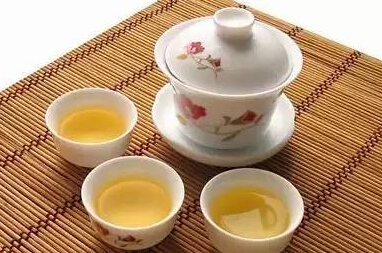
Additionally, vary teas throughout the day: a light green tea in the morning refreshes the mind; jasmine tea in the morning boosts productivity; black tea in the afternoon combats drowsiness; oolong or Pu'er in the evening suits social gatherings without disrupting sleep. This schedule is worth trying.
Leftover Tea Has Uses
Tea is a treasure in every form. Even "expired" tea can be repurposed. Overnight tea isn’t harmful, but tea oxidizes, leaving stains on cups.